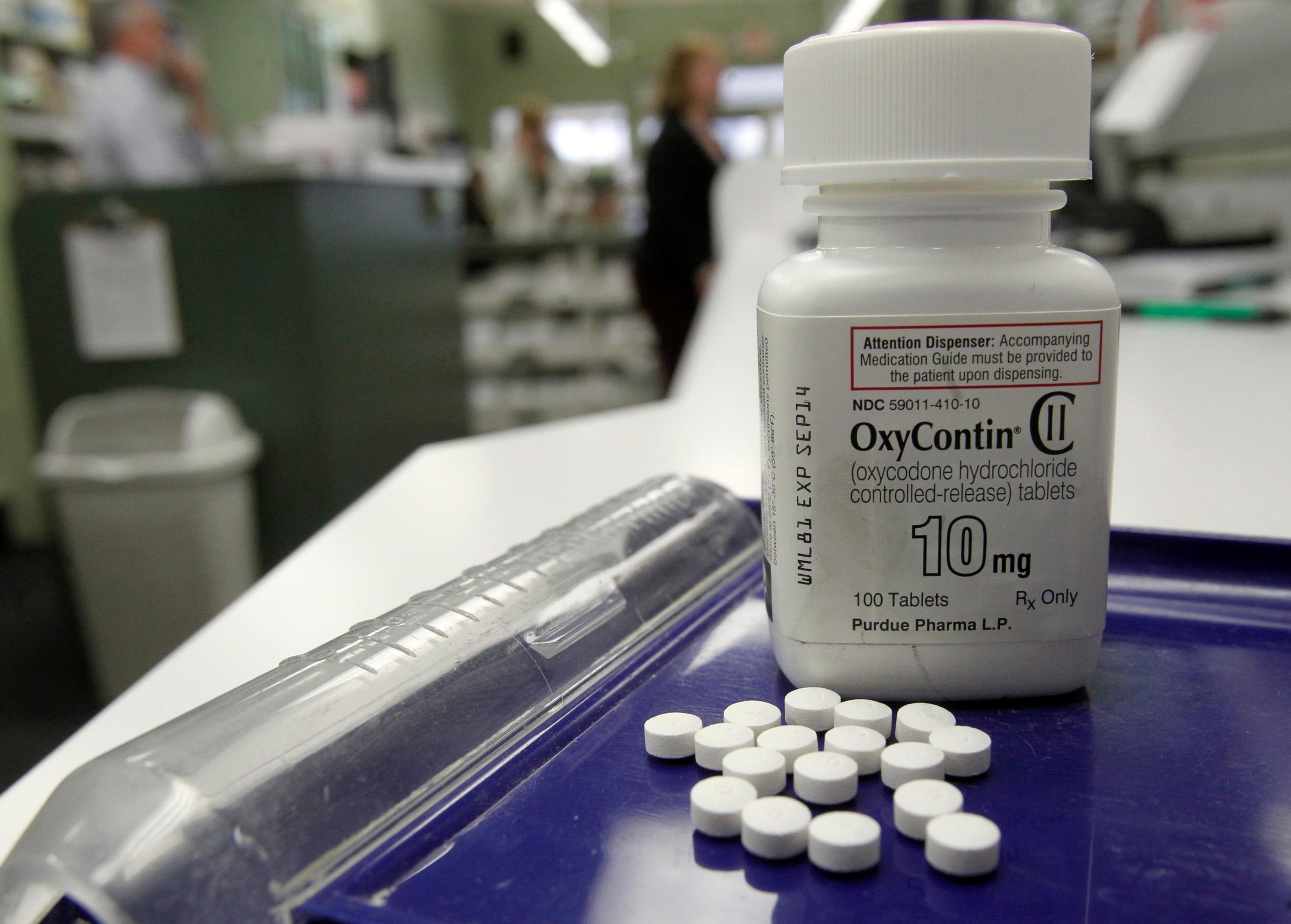
Democrats are trying again to extract more details about the sale and pricing of pharmaceuticals. A bill introduced in the state legislature on Tuesday would require new disclosures from insurers, manufacturers and others, according to state lawmakers.
"For too long, drug companies have been price gouging our older adults, hard-working Americans, and even our children without consequence," said state Sen. Joann Ginal, a Democrat, at a press conference on Tuesday.
The bill's sponsors argued that new requirements for financial reporting would make it clear how costs are inflated and shared among manufacturers, insurers and pharmacy benefit managers.
Manufacturers would also have to notify the state and explain the reason for cost increases. The bill is numbered HB20-1160.
The proposal will also try to ensure that customers — not companies — are the ones who benefit from rebates that are arranged between sellers and buyers of pharmaceuticals.
State Rep. Dominique Jackson, another Democratic sponsor, said that her own medication had skyrocketed from $90 to $1,000 for a three-month supply. State Rep. Dylan Roberts and Sen. Kerry Donovan are also sponsors.
Transparency and drug prices have been a popular cause for state legislators across the country. In recent years, dozens of states have passed scores of laws on those subjects, according to the National Academy for State Health Policy.
That includes Colorado's first-in-the-nation law to limit insulin costs, passed last year, and another recent law that requires disclosure of certain list prices and other information. The new bill could go further by requiring greater detail at more steps in the supply chain.
Democrats previously tried transparency measures in 2017 and 2018, but both stalled in the then-Republican Senate. A similar proposal ran out of time last year, even though Democrats controlled both chambers of the legislature.
In an early reaction, the Pharmaceutical Research and Manufacturers of America said it supported the idea of sharing rebates with consumers -- and it put the focus on insurers.
“Nearly half of every dollar spent on medicines goes to someone who doesn’t make them," wrote spokesperson Nicholas McGee. "Therefore, any attempt to study the pharmaceutical supply chain must look at the long line of middlemen collecting a significant portion of what patients pay for medicine."









